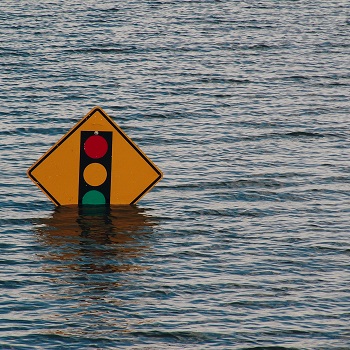Europe Prepares for G20 Crisis Meeting
The European Competitiveness summit should look very different this year. The March 19-20 meeting will be struggling to finalise an EU position for the April 2 crisis meeting of the G20 in London on the basis of the Commission’s Communication.
Negotiations will take place against a profoundly uncertain economic backdrop where there are major potential risks to national economies across Europe and beyond. I have talked with old friends in Brussels who believe that the credit crisis still has a long way to run. They even talk of the need for a new Marshall Plan to rescue stricken economies. (A view which, I should say, some leaders rejected at the March 1 European Council).
“A global crisis needs a global solution. Today we have put our proposal on the table for a European response for the G20 meeting in London. Europe will speak with one voice”. So promised President Barroso when launching the Communication Driving European Recovery.
The Commission’s document plays down any sense of impending doom. Its main focus is on improved financial regulation along the lines of the February 25 report by the Jacques de Larosière taskforce.
As anticipated, this report was just what the client (ie the Commission) ordered: a European Systemic Risk Council (ESRC) based on the ECB which would provide early warning of supervisory risk, a European System of Financial Supervision (ESFS) to beef up supervision at the level of firms, extended regulation in areas of financial services which are currently unregulated and action to control the bonus culture of banks.
The main difference from the Larosière proposals is an increased urgency: the measures should be up and running in 2010, rather than over a three-year run-in period.
It’s my impression that the member states will broadly approve the proposals on financial supervision, although the Brits and other non-eurozone countries can be expected to oppose such a significant role for the European Central Bank. In any event, the EU will be determined to retain European control over prudential issues, albeit in the context of global co-ordination, and not cede power to others.
Dealing with these supervisory issues is all well and good, but essentially deals with past failures and the need to avoid them in future. Is that a sufficiently ambitious position for Europe at the G20? The challenge now is to get the world economy going again. The Communication sees the €400bn European Economic Recovery Plan providing co-ordinated stimulus to Europe’s economy, but much of that is a repackaging of existing funds and most of the funding comes from the member states themselves.
The Commission “remains committed” to working with European and international financial institutions to support the economic stability and development of potential EU candidates and neighbouring countries.
In outlining an EU position for the G20 the Commission defends free trade and global development. I just wonder whether enough attention is devoted to the concerns of the G12 – those like Argentina, Brazil, China and India which have joined the G8. At least there are calls for reform in the governance of the IMF and the World Bank, a temporary doubling of IMF resources and strengthening of its surveillance role. That does seem to recognise a global dimension.
Find Out More
-
Why Europe needs a water resilience strategy
February 8, 2024
-
Why the EU can’t risk failure at COP27
November 4, 2022


